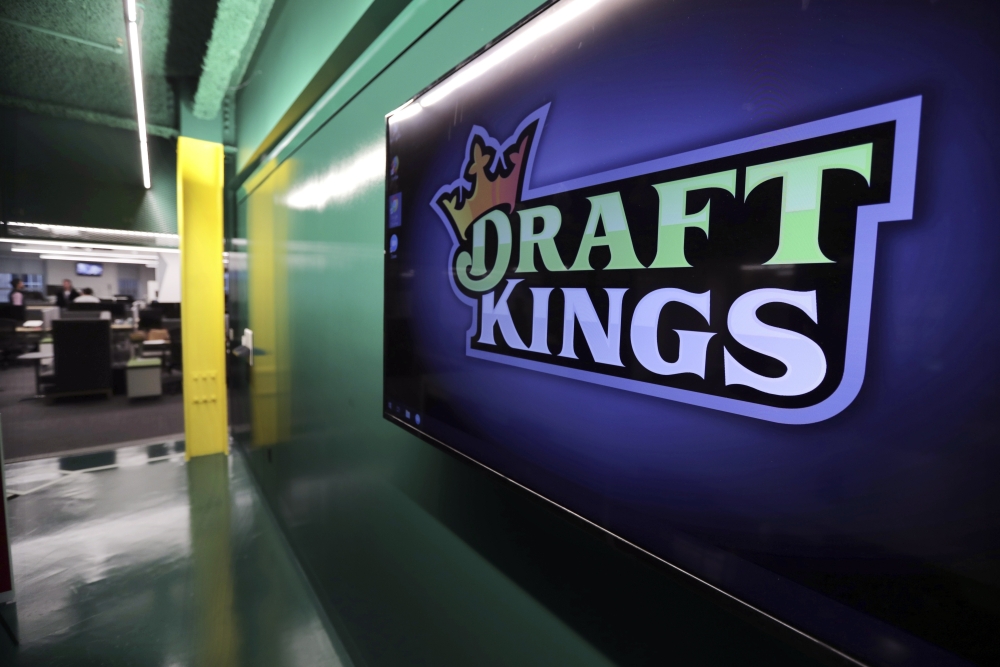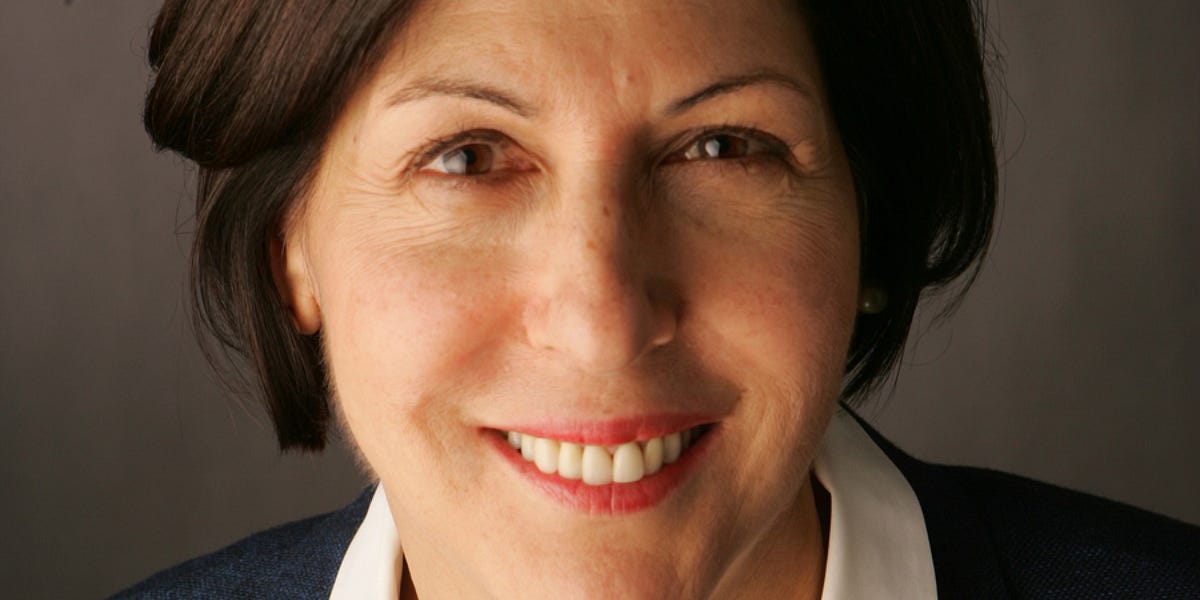Like the University of Connecticut and South Carolina basketball teams, Maine sports bettors enjoyed a good March.
Revenue numbers from the Gambling Control Unit in the Department of Public Safety showed that sports gambling action, spurred by the NCAA basketball tournaments, dramatically increased in March.
The total handle, or the amount wagered by bettors, for DraftKings and Caesars, the state’s two sportsbooks, increased from roughly $33.7 million in February to $47.6 million in March. The 41% increase set the mark for the busiest month of sports wagering in Maine since it legally debuted here in November.
While the handle went up, Maine’s takeaway went down. The record-setting handle yielded roughly $2.7 million in adjusted gross receipts, and a $270,606.66 haul for the state. Maine pulled in $425,602.12 in February and $546,149.15 in January.
“Mainers finally figured out how to win,” said Steven Silver, chair of the state’s Gambling Control Board. “Had March not happened, I’d say Maine would have been one of the worst in the country at winning sports bets. But maybe we’ve turned the corner.”
In the first four months of legalized sports betting in Maine, the hold – the percentage of the total amount wagered that the sportsbook keeps in adjusted gross receipts – was 12.2%. In 2023, the American Gaming Association’s national hold was 9.1%.
In March, however, the hold in Maine fell to 5.7%.
“Oh yeah, big time,” Silver said when asked if Mainers lost at a higher rate compared to the rest of the country. “In January, the hold in Maine was 14.3 (percent), in February it was 12.6. Those are a lot of percentage points above the average.
“In March, if it had just been at 10, the (gross receipts) would have been $4.7 million. It was a very good month for sports bettors.”
In Maine, the state keeps 10% of the adjusted gross receipts in tax. Through five months, the state has kept over $2.1 million.
Silver said strong performances from the favorites in the NCAA basketball tournament, particularly the UConn men and South Carolina women, made it easier for bettors to hit on their wagers. Bettors also capitalized on the strong play of superstar Caitlin Clark and the Iowa women’s basketball team.
“I don’t know if it means Mainers have gotten better, (or) if March Madness presents more predictable opportunities,” he said. “If there was money on UConn, and I think there was, they covered in every single game of the tournament. That can make a difference. … Favorites winning are typically not great for sportsbooks.”
The UConn men and South Carolina women won national championships this season.
March’s handle surpassed December’s roughly $44.5 million handle as the highest total to date, and beat even January with the NFL playoffs and February with the Super Bowl.
That’s not unusual, according to John Holden, an Oklahoma State University professor who’s written extensively on the regulation of sports gambling.
“March Madness is probably the biggest gambling event of the year,” he said. “Certainly, the Super Bowl as an individual event is bigger, but there’s really nothing that compares to March Madness. It is a gambling juggernaut. Arguably, the gambling around March Madness is probably one of the reasons that we have legalized gambling today. It became so accepted. We had the president doing March Madness brackets.”
Holden added that the increased attention around the women’s tournament, fueled by Clark, likely drove up the handle.
“It’s a really exciting time for women’s basketball,” he said. “One of the things to watch moving forward is, does this translate over to the WNBA?”
Holden said the disparity between the handle and revenue numbers – nearly $14 million more wagered, and over $150,000 less coming back to the state – likely isn’t a concern for the state, as it’s more part of the ups and downs that come with the sports wagering market.
“Much like, if you’re an investor and you buy a stock and it goes down one day, you go ‘oh no.’ ” he said. “But anyone who’s invested in a company knows these things go up and they go down. If you look at a same day, things are going to look drastic. Gambling’s the same way.”
Silver said the state is still in line with revenue projections. Gambling Control Unit Executive Director Milt Champion estimated before sports wagering went live in Maine that the state would make between $3.8 million and $6 million annually.
“Looking at over five full months, we’re still averaging over $400,000 a month in taxes,” Silver said. “We’re still right in that $5 (million) to $6 (million) annual range. I think that could certainly happen.”
The numbers, however, could dip in the coming months. Summers are always slow for sports gambling, as big-interest sports like football and basketball are not in season.
“These are down months,” Holden said. “These are not big-number months. If expectations have been set realistically, then people are expecting this. Regular season baseball in July doesn’t typically attract a lot of interest. … Those few weeks around the All-Star break, typically, are pretty quiet for sports books.”
Holden added that the summer Olympics in Paris likely won’t be a big draw for bettors, either.
“Not really,” he said. “There are a couple of factors. One, I don’t think the books are going to be taking big bets, you’re looking at a lot of smaller bets. And two, interest around betting on the Olympics, I wouldn’t say it’s very high. Betting on baseball probably has a higher interest than betting on the Olympics. It’ll be a little boost. … There are not a lot of people who are experts on race walking.”
Related Stories













